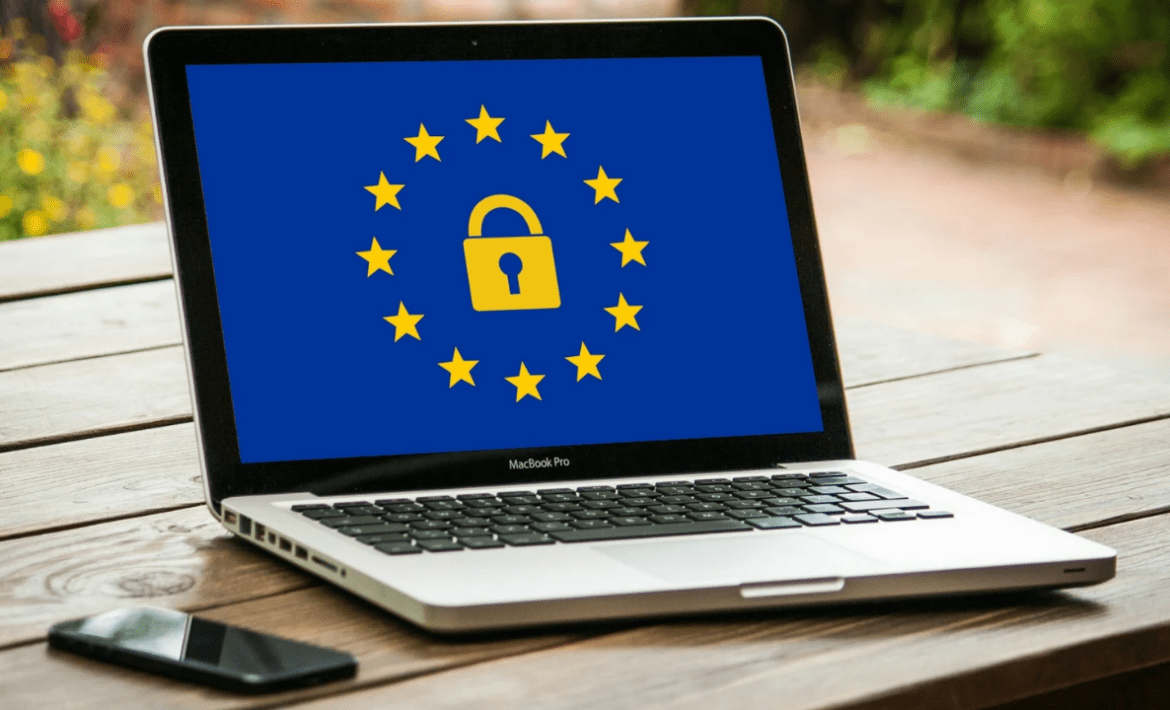CNIL imposed a fine of €240,000 on KASPR for multiple GDPR violations
CNIL of France has imposed a fine of €240,000 on KASPR for multiple GDPR violations linked to the unlawful collection and retention of personal data. KASPR, a company offering a Chrome extension to extract professional contact details from LinkedIn and other online sources, has faced regulatory action for its practices. Through its database of approximately















